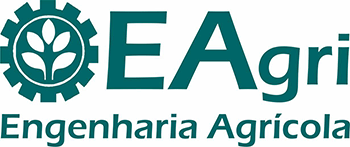Biogas production through anaerobic biodigestion represents an important breakthrough for the problem of swine waste and energy availability for rural areas. This work aimed to develop a study to estimate the economic viability of a biointegrated system installation and operation to produce electricity from swine wastes. Data for the study were collected in an agroindustry where there are plenty of agricultural activities; however the swine production activity was selected for the anaerobic digestion process because it generates a large amount of waste, with a limited provision in the environment, which characterizes a case study. The analyzed biodigester is a continuous tubular model with brick concrete duct and plastic covering with a gasometer, and where the waste of 2,300 fattening pigs are deposited daily. The initial investment estimate for the installation was R$ 51,537.17. The system annual costs were R$ 5.708,20, for maintenance, R$ 4,390.40 for depreciation and R$ 1,366.77 for interests. It was concluded that the biointegrated system would achieve favorable economic results if the energy consumption were to 35 kW per hour a day, in average, where the net present value (NPV) is R$ 9,494.90 and the internal rate of return (IRR) is 9,34% per year.
biogas; electrical power; economic viability



























